Undeniably, language is hugely important in shaping how we see the world. It's also extremely important in shaping how we see, and feel, about ourselves. The effects of harmful language can be lasting- a constant reminder of who holds the power in society. It's not surprising, then, that the story of empowerment for minorities is also the story of the reshaping, or reclaiming, of harmful language.
Language is something I have been thinking about a lot lately. On a recent trip to Indonesia, I noticed a sign at the airport directing those with impairments to a separate security line. The sign had the usual stick-man in a wheelchair, however, there was something different to it. The word difable hung above the universal symbol for disability. After an intrigued wikipedia search, I learnt that difable is not just a misspelling of disable but in fact has a small (yet crucial) difference in meaning. Difable is defined as someone who has the "ability to run different activities". That is, an individual who is not unable but merely undergoes day to day tasks in a way that is different to the 'average' person. It rings true. For a place with a bad track record for the rights of those with disabilities, I thought this was surprisingly progressive.
The story of empowerment for minorities is also the story of the reshaping, or reclaiming, of harmful language.
As with all things, language is not something that all people with a disability agree on. Some may prefer to identify with the word 'difabled' or use people-first language (person with a disability, not disabled person). To some, this type of language emphasises that disability is just one aspect of their multi-faceted person. However, to others, this type of language seems to suggest that disability is not something to be proud of. To boldly claim, "I am disabled" reminds such individuals that it should be celebrated as an important part of their identity. And some people just couldn't care less either way.
Personally, I think language has a great deal of power. Certainly, if any able bodied person were ever to call me (or any other person with a disability), "crippled", they would be getting a piece of my mind. But, can myself and others in the community use the word? For sure. Like a lot of issues we face, the use of language represents individuality and autonomy.
Most importantly, language shapes identity. It can be difficult to know how to refer to someone, and it can definitely be awkward if you make it. But, it's important to listen. We all know how livid we get when the world mistakes New Zealand for Australia. It may just be a word, but it represents a lot more.



